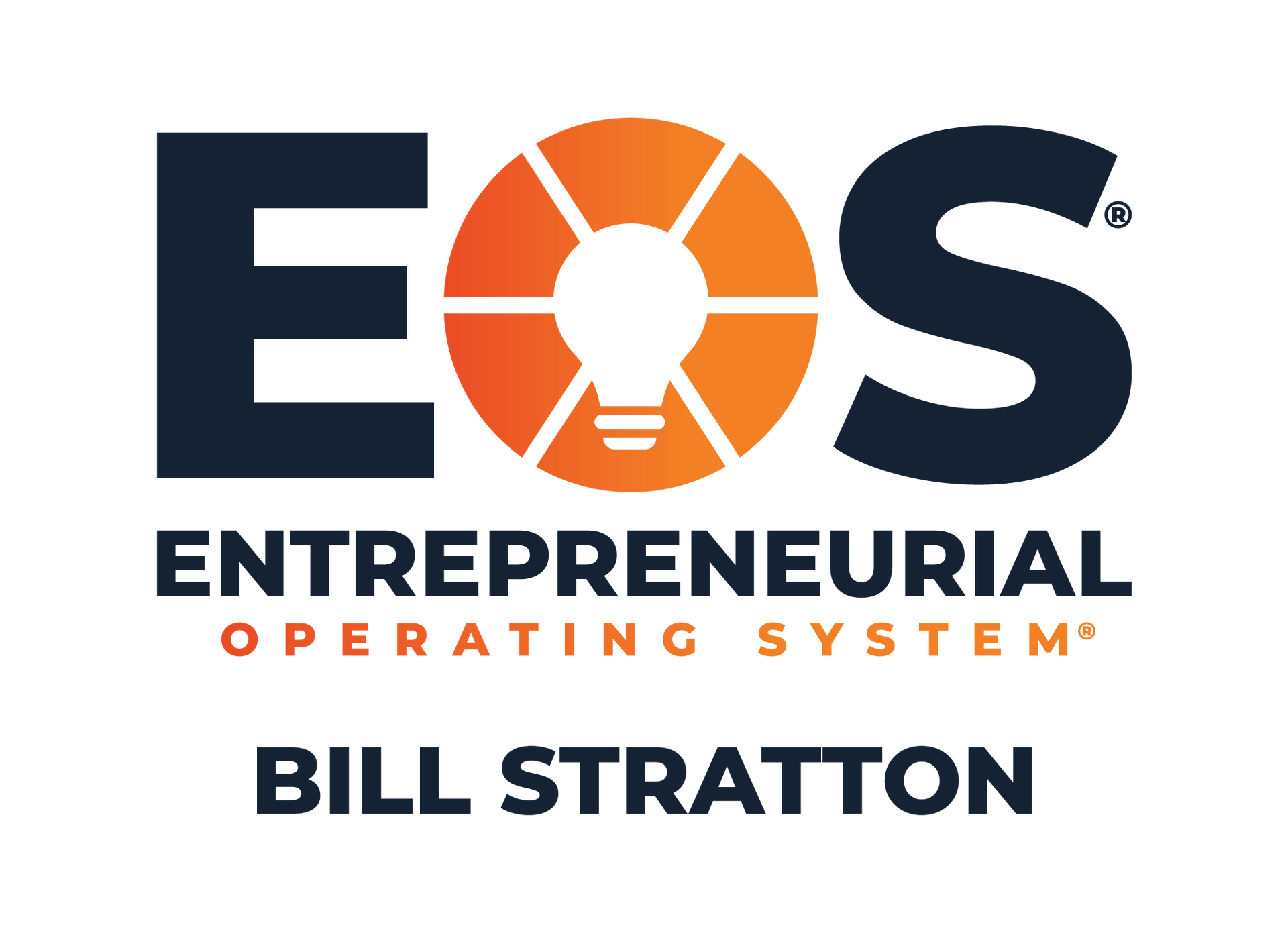Finding Financial Freedom
Achieving Financial Freedom: A Realistic Approach

For many people, financial freedom seems like an elusive goal. With inflation, stagnating wages, and other obstacles, it's easy to believe that barely surviving is the best one can hope for. However, financial freedom isn’t as hard to obtain as it may seem. The key is understanding that your definition of financial freedom is unique to you.
What is Financial Freedom?
According to an article from
NASDAQ.com, “Financial freedom is a state where you have complete control over your finances, allowing you to make choices based on your desires and goals rather than being limited by how much things cost. It means having enough income or savings to cover your expenses, giving you the freedom to live life on your terms.”
Taking Control of Your Finances
The first step towards financial freedom is gaining control over your finances. Too many people manage their money like riding a bicycle with their eyes closed – they’ll get somewhere, but it won’t be where they want to go, and they may end up injured along the way.
Being in control means having a plan for your money, which involves:
- Creating a Monthly Budget: Write down your budget to hold yourself accountable.
- Setting Goals: Establish clear goals for how you want to live your life and write them down.
Reducing and Eliminating Debt
Debt can rob you of opportunities and freedom by taking money from your future due to interest payments. Here’s how to tackle debt:
- Reduce and Eliminate Debt: Focus on paying off debts to free up future income.
- Build an Emergency Fund: Save 3-6 months’ worth of expenses to handle emergencies, which will inevitably arise.
Working as a Team
If you have a spouse, working together can amplify your efforts. Think of draft horses like Clydesdales: one horse can pull around 8,000 pounds, but two working together can pull 24,000 pounds.
Additional Tips for Financial Freedom
Consider these strategies to further your financial freedom:
- Make Wise Purchases
- Save and Give Regularly: Aim to save and donate at least 10% of your income.
- Limit Expenses on Vices
- Continually Educate Yourself: Learn good money management practices.
- Surround Yourself with Like-minded People: Build a network of those who share your financial goals.
- Protect Your Assets: Ensure you have appropriate insurance, a Will, Power of Attorney, and Medical Directive.
The Role of a Financial Advisor or Coach
Working with a financial advisor or coach can significantly boost your chances of achieving financial freedom. These professionals offer expert guidance, help you create a comprehensive financial plan, and keep you accountable. They can provide personalized advice tailored to your unique situation, ensuring you make informed decisions that align with your goals.
According to studies, people who work with financial advisors tend to have better savings habits, higher levels of confidence in their financial future, and greater overall financial well-being. By leveraging their expertise, you can navigate complex financial landscapes more effectively and reach your objectives faster.
Accountability is Key
Having an accountability partner can significantly increase your chances of success. According to the American Society of Training and Development, you have a 25% chance of achieving a goal you set for yourself. However, this success rate jumps to 95% when you have someone to hold you accountable.
Conclusion
By implementing these steps and maintaining a strong determination to achieve financial freedom, you will be well on your way to enjoying the benefits of financial independence. Start today, take control, and watch as your financial future transforms.
I encourage you to
click here to register for Finding Financial Freedom, on October 10, 2024, from 9:00 AM to 12:00 Noon Eastern Standard Time at Bellomo & Associates in York, PA.












